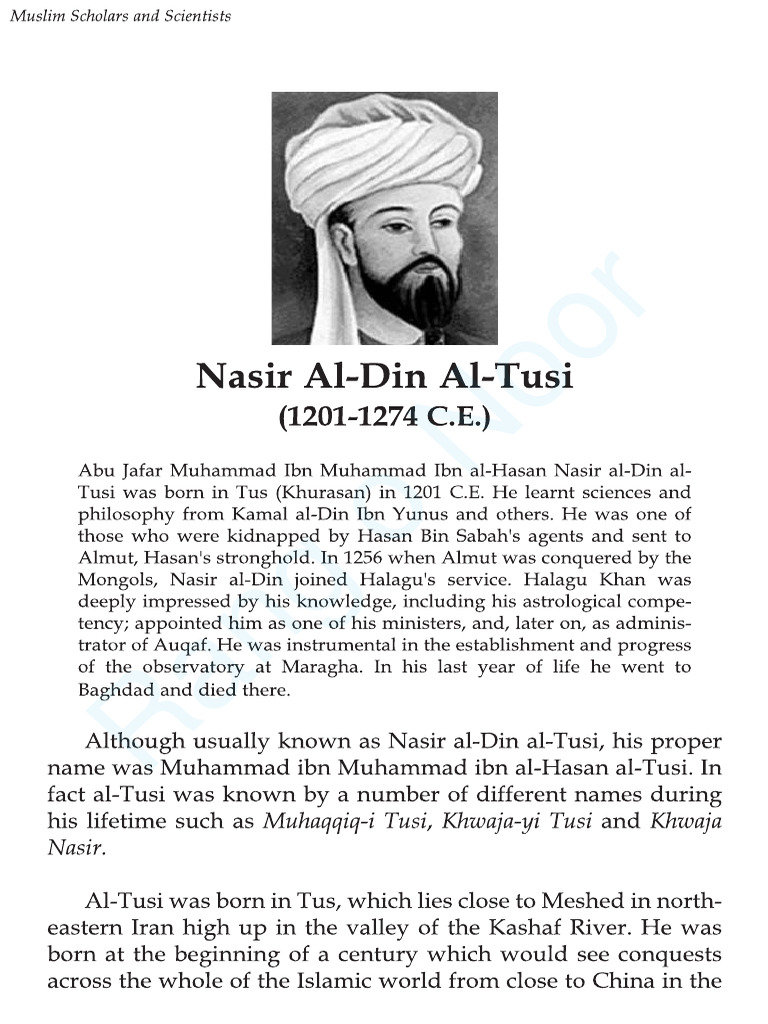Another remarkable aspect of al-Tusi’s legacy is his role in the establishment of institutions of learning. His contributions to the founding of the Naṣiriyya madrasah in 1258 signify a general commitment to cultivating a fertile environment for scholarship and discourse. These institutions not only preserved the teachings of the Shia tradition but also promoted a culture of intellectual inquiry and ethical debate, embodying the belief that knowledge is a sacred pursuit.
In examining the pedagogical methods employed by al-Tusi, one notes a deep reverence for dialogue and critical thinking. He championed a method of teaching that was not necessarily didactic; rather, it sought to engage students in a dialectical process, encouraging them to explore and question. This educational philosophy dovetails perfectly with Shia teachings, which advocate for the active engagement of the faithful in the pursuit of truth. Al-Tusi’s approach promotes both personal and communal growth, emphasizing that the journey toward understanding is as significant as the knowledge itself.
Ultimately, the salient teachings of Nasir al-Din al-Tusi encapsulate a profound synthesis of intellect and spirituality. His works continue to resonate, bridging the chasm between faith and reason, thus affirming a distinctly Shia identity that values wisdom, ethics, and social justice. Engaging with al-Tusi’s legacy offers not just insight into the Shia tradition but also a template for navigating the complexities of modern existence through an unwavering commitment to knowledge and divine truth.
Tags
Share this on:
[addtoany]


